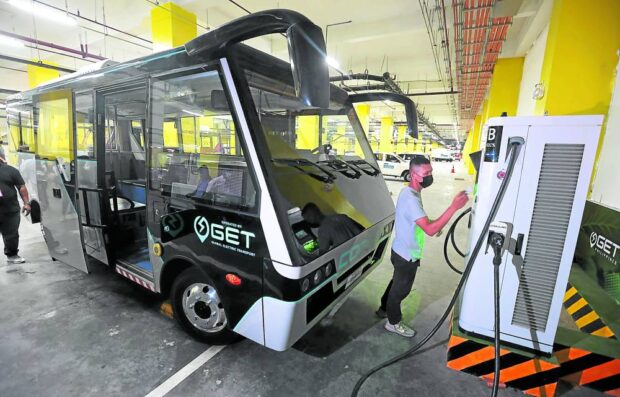Pushing for fair EV tariffs in PH

The Philippine government’s commitment to electric vehicles (EVs) is under scrutiny as industry stakeholders and critics call for the inclusion of zero tariff provisions for two-wheel electric vehicles under the Electric Vehicle Industry Development Act (EVIDA) and Executive Order No. 12.
EVIDA, enacted in April 2022, provides a comprehensive framework for the development of the EV industry in the Philippines. However, its implementing rules and regulations (IRR) lack incentives for the shift to EVs, such as zero tariffs, which are common practices globally to encourage EV adoption.
Executive Order No. 12, issued in 2023, also overlooks electric motorcycles in its tariff exemptions. While it reduces tariffs to zero for four-wheeled EVs and certain low-powered vehicles, electric motorcycles still face a 30% tariff. This disparity puts two-wheel EV companies at a disadvantage, making their vehicles more expensive than traditional ones.
Article continues after this advertisementThe 30% tariff on electric motorcycles seems to favor Japanese-manufactured fossil fuel motorcycles, which are popular in the Philippines. Two-wheel motorcycles, the most affordable and convenient mode of transportation for many Filipinos, make up 60.67% of the total 13.89 million vehicles registered in the country by the end of 2022.
Former Quezon City Representative Christopher Belmonte, co-convenor of CitizenWatch, emphasizes the demand for alternative transportation options due to the inadequate mass transit system, high fuel costs, and the growing environmental consciousness among Filipinos. He advocates for a review and update of regulations in line with the government’s sustainability agenda and global efforts to combat climate change.
Stratbase ADR Institute president Dindo Manhit also supports the inclusion of electric motorcycles in tax breaks, highlighting their potential to ease traffic, reduce fossil fuel dependence, and encourage environmentally friendly choices.
Article continues after this advertisementBernie Llamzon, president and CEO of Gogoro Philippines, believes that tariff exemptions for two-wheelers will not only transform sustainable transport but also spur economic growth and job creation. He emphasizes the importance of fiscal incentives in driving the adoption of EVs and the potential for local assembly of EVs, which would create jobs for Filipinos.
As the Philippines transitions towards a sustainable future, institutionalized incentives for EV adoption are crucial. The current regulatory gaps raise questions about the country’s commitment to clean energy and environmental protection. With the rise of businesses focused on environmental, social, and governance (ESG) practices, it is essential to seize the opportunities for sustainable development and innovation.
















